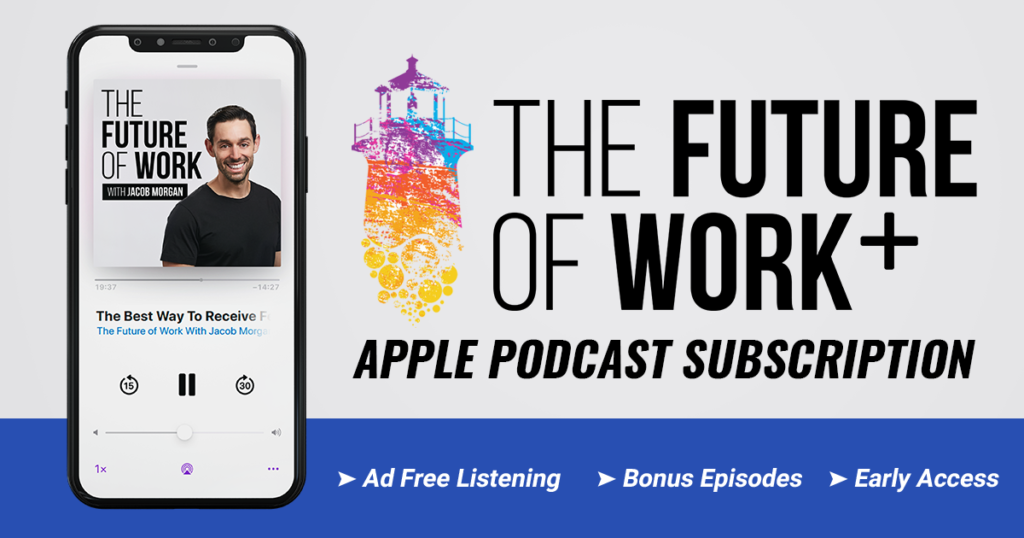If you want to succeed as a future leader, you have to think like a translator.
I’ve interviewed hundreds of the world’s best leaders, and over and over, they’ve told me about the importance of listening and communication. These skills have been around forever but have never been as important as they are now.
Listening and communication are the two elements that comprise the skill of the translator. Although these skills are timeless, they have changed tremendously in the last few years.
Listening requires effort and focus. It’s more than just passively hearing and requires putting aside distractions to focus fully on a conversation. People can tell when someone, especially a leader, isn’t truly listening to them. The best way to show you respect and value someone is to put aside distractions and listen to what they have to say. That can be challenging when modern leaders are pulled in countless directions, but it is an essential skill to master.
The second aspect of thinking like a translator is communication. We communicate through numerous channels every day, including talking on the phone, texting, emailing, video conferencing, chatting, talking in person, and many more. The world is noisy, and future leaders have to be able to get their message across regardless of the channel.
Being a future-ready communicator means knowing which platform to use in various situations. You wouldn’t fire someone over text or send a formal document through a voice memo–the channel impacts the success of what you’re trying to accomplish. Knowing how to send a message is as crucial as the message itself.
Great leaders have to be translators and master listening and communication. In our connected world, these skills have never been more essential. But they also need a refresh to ensure leaders are ready to listen and communicate in modern ways. Are you ready to think like a translator?
Interviewed more than 140 CEOs for new book
They all said listening and communication has never been more important
These things have been around forever, but they are also things that have changed tremendously in the last few years
Listening–how hard it is to really listen to someone? So many distractions and pulled in countless directions. You feel disengaged and not valued when people don’t really listen to you. Crucial skill for leaders, but it’s hard for us to do because of so many distractions
Listening and hearing aren’t the same
Hearing is unconscious act of sound entering your ear
Hearing takes effort–make convo feel collaborative, ask follow-up questions
Ask yourself–are you really listening to the other person?
Second part–communication
We communicate in so many different ways, in person, email, text, video, phone, slack, etc
So many platforms at our disposal. Have to make sure we can get our message across regardless of the channel
Communicate in the right way–don’t let people go via text, don’t send long emails
Do you know which platform you should use depending on what you’re trying to accomplish?
Listening and communication–practice both
I put together a video which talks about this in more detail. Please check it out below and if you want more content like this you can subscribe to my Youtube channel.
——————————————
Cornerstone combines best-in-class learning with growth-centric talent capabilities and the power of AI to make talent leaders champions of engagement, growth, and transformation. Learn more about how Cornerstone TXP can help you build your future-ready workforce at www.csod.com.
——————————————
In case you missed it, I just launched a subscription version of my podcast. Get ad-free listening, early access to new episodes and bonus episodes with the subscription version of the show The Future of Work Plus. To start it will only be available on Apple Podcasts and it will cost $4.99/month or $49.99/year, which is the equivalent to the cost of a cup of coffee.
Fast-track your path to leadership success with The Future of Work Plus. I can’t wait for you to hear all the content we have in store!


